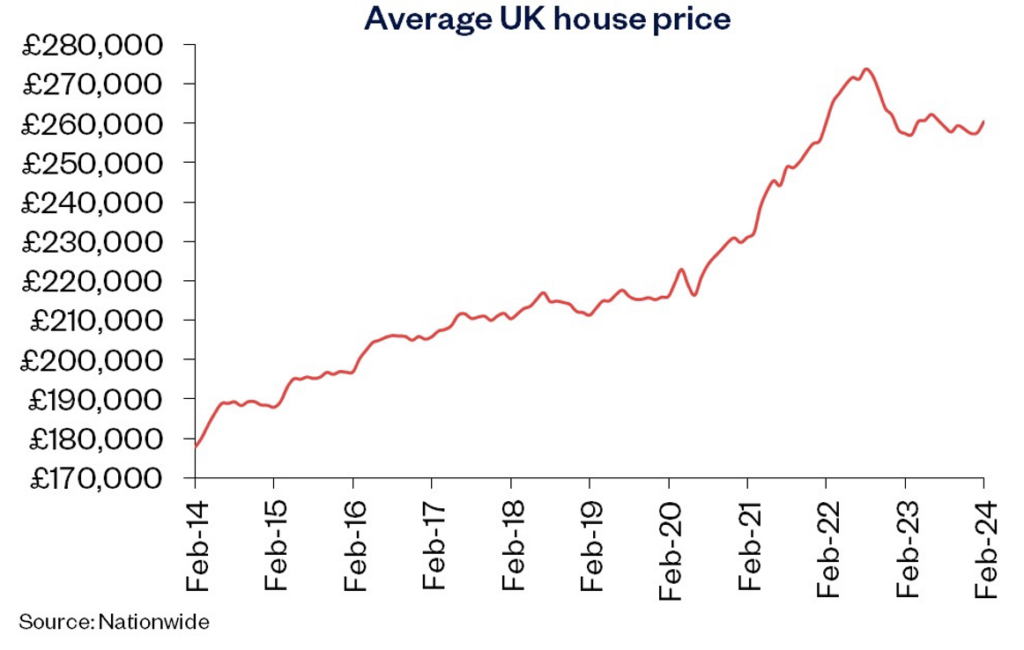ISA ISA, Baby
Daniel Liddicott
April 2024 • 2 min read
ISA ISA, Baby
It came to our attention recently, after a number of queries, that there may be some confusion around when an ISA provides interest and when it provides investment returns. If you are unsure or have been wondering about this yourself, then I hope that this short blog is of interest to you (pun intended, of course).
Cash ISAs produce interest. Stocks & Shares ISAs provide investment returns.
Most Cash ISA providers are able to tell you ‘up front’ what your interest rate will be. In contrast to this, the growth rate in a Stocks & Shares ISA is not known at the outset – it’s only by looking back at performance that you know what it has been over a period of time.
All ISAs that are held by our clients on the Nucleus or Fundment platforms are Stocks & Shares ISAs and, as the name suggests, the funds held within these are invested in stocks/equity. Therefore, these provide investment returns, unlike their Cash ISA counterparts.
We have also received some queries about the investment term for ISAs. For Stocks & Shares ISAs, it is essentially however long you are willing to leave the funds invested for. And the longer the better! This way, you give your investments time to recover from all of the expected fluctuations in value that the stock market is subject to, providing the prospect for real growth of your ISA funds over the longer term.
Cash ISAs do often come with a particular term attached and, as a general rule, the longer you are willing to leave your money ‘locked away’ in one of these ISAs, the better the interest rate that you will be able to obtain.
As an example, you might opt to place your funds into a Cash ISA with Nationwide for the fixed term of one year, with the agreement that Nationwide will pay you a certain amount of interest over that time period. The interest that you receive on the one-year fixed term is highly likely to be greater than if you were to opt for an ISA that you can dip in and out of as you please without any restrictions.
If you would like to read a more detailed blog on ISAs, you might find this helpful:






